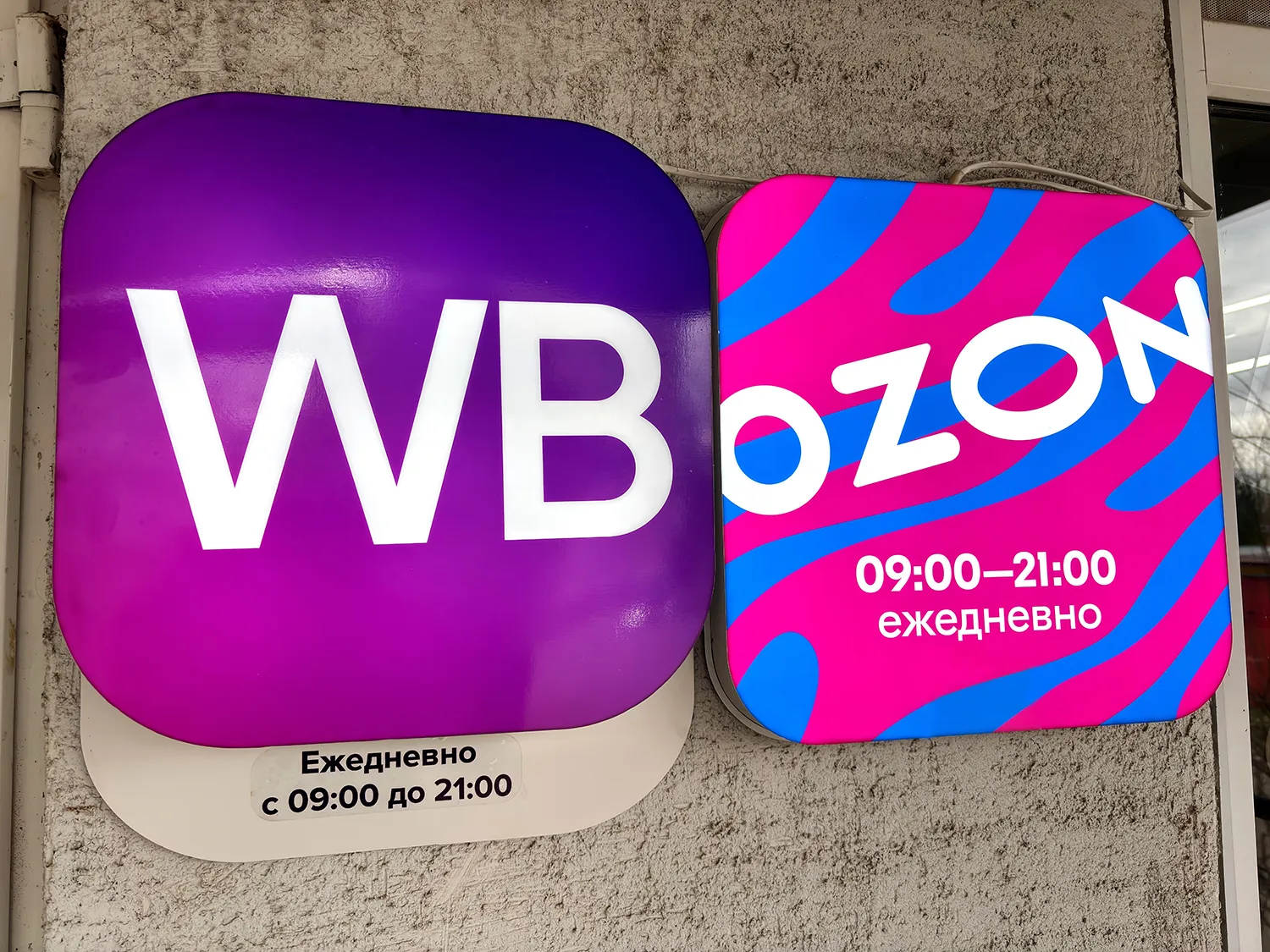Russian Cloud Platforms Enter Global Race with Eyes on Asia

Russia’s cloud and software platforms are no longer just an answer to sanctions—they’re becoming scalable exports. With active expansion into Asia and demand from the Global South, Russian-made tech is challenging Western incumbents in infrastructure, SaaS, and e-commerce.
Turning Isolation into Innovation
What began as a defensive response to Western tech restrictions has evolved into an assertive strategy. In just a few years, Russia has built a sovereign digital ecosystem that is now exporting cloud services, office platforms, and e-commerce infrastructure.
Platforms like 'MoiOfis' provide a full suite of productivity tools—from text editing and spreadsheets to cloud storage and integrated video chat—certified for government use and fully compatible with domestic software. These are now positioned as alternatives to Microsoft Office and Google Workspace, with an eye on state and enterprise clients abroad.

Cloud Infrastructure That Scales—and Travels
Russia’s cloud sector is one of the fastest-growing in its digital economy. Players like Yandex Cloud, Cloud.ru, Selectel, VK Cloud, and Astra Cloud offer full IaaS and PaaS stacks, including compute, storage, databases, and serverless services.
According to TAdviser, the domestic cloud market grew by 32% in 2024, reaching over 168 billion rubles. Notably, Astra Cloud—built on the Astra Linux OS—is gaining ground as a secure, sovereignty-compliant alternative to AWS or Azure. It supports air-gapped deployments, domestic operating systems and DBMS, and custom data centers for critical infrastructure.
Yandex Cloud Goes International
In 2024, Yandex Cloud launched its first international region in Kazakhstan (kz1), marking Russia’s official entry into the Central Asian digital infrastructure race. The deployment includes ML and AI services, compute, storage, and serverless capabilities—designed to meet regional data residency and latency needs.

The move signals broader ambitions: Russian platforms are not just replacing Western services at home—they're starting to compete globally, especially in regions seeking alternatives to dominant U.S. and Chinese providers.
Marketplace Giants Eye Global Expansion
Russia’s e-commerce platforms—Wildberries, Ozon, and Yandex.Market—already command 60% of domestic online sales. Now, they’re scouting new international opportunities, particularly across the Global South.
Analysts highlight three competitive advantages: robust logistics networks, AI-powered personalization engines, and experience handling large-scale data environments. These capabilities position Russian platforms to fill gaps in underserved markets where local digital infrastructure remains limited.
From Defense to Offense: A New Export Vector
What began as a move toward tech independence has evolved into a global push. Russian IT firms are now actively targeting overseas markets with localized, customizable offerings that don’t rely on Western cloud ecosystems.
As digital sovereignty becomes a top concern in the Global South, Russia’s export-ready platforms offer a compelling alternative—one that could shift the balance of power in the global digital economy.









































